Clearly define responsibilities.

According to Le Tan Toi, Chairman of the National Assembly's Committee on National Defense, Security and Foreign Affairs, on October 22, the National Assembly Standing Committee submitted a full report explaining, incorporating, and revising the draft Law on Emergency Situations (35 pages with 35 groups of content) to the delegates. The revised draft Law comprises 6 Chapters and 36 Articles.
Accordingly, some National Assembly deputies suggested reviewing and regulating the measures to be applied in disaster relief efforts to ensure they are comprehensive, appropriate, specific, and build upon measures already stipulated in specialized laws; and to supplement regulations on decentralization, delegation of authority, and measures and policies suitable to the situation and characteristics of localities and areas in disaster relief efforts.
Based on the opinions of the delegates, the Standing Committee of the National Assembly directed the study and revision of Chapter III, which stipulates the measures to be applied corresponding to the three types of emergency response: emergency response in the event of a disaster; emergency response concerning national security and social order; and emergency response concerning national defense.
Simultaneously, an additional article (Article 12) is added, stipulating the principles and authority for applying measures in disaster relief operations, and reviewing and revising regulations on relief, support, and support policies; on training, instruction, and drills in disaster relief operations; and on regimes and policies for organizations and individuals participating in disaster relief activities.

Accordingly, the application of the Law's measures must ensure the following principles: prioritizing the protection of national and ethnic interests, and the lives and health of the people; and applying one or more measures to provide flexibility in responding to and overcoming emergencies.
The Prime Minister has the authority to decide on the application of measures prescribed by law and the duration of their application; and the agency, organization, or person responsible for implementing the measures during the emergency response period.
In cases of absolute necessity, for the benefit of the nation and its people, after obtaining the approval of the competent authority, the Prime Minister may decide to apply measures not yet prescribed by law to respond to and remedy emergency situations, or apply measures prescribed in this Law when emergency situations have not yet been declared or announced. If necessary, the Prime Minister may authorize the Chairman of the Provincial People's Committee to decide on the application of measures as prescribed by law.
Regarding the authority of the chairpersons of the People's Committees at all levels, the draft Law stipulates that, within the scope of their duties and powers, they may decide to apply civil defense measures applicable during the war.
Strengthening international cooperation

Representative Ta Dinh Thi (Hanoi Delegation) argued that the assignment, delegation, and close coordination among agencies, organizations, and forces stipulated in Clause 4, Article 3 of the draft Law is an important foundation to avoid overlapping and lack of coordination when incidents occur.
Furthermore, Article 12 stipulates that the Prime Minister has the authority to decide on the application of measures during a crisis, and may delegate this authority to the Chairman of the Provincial People's Committee if necessary. These regulations demonstrate flexibility while still ensuring uniformity and transparency in command and control.
"To ensure the effectiveness of the coordination mechanism and the feasibility of implementation, it is necessary to add a provision stipulating that the Government shall issue inter-sectoral coordination regulations at all levels in the management and response to natural disasters in accordance with this Law and specialized laws," suggested delegate Ta Dinh Thi.
According to delegate Ta Dinh Thi, it is necessary to study and supplement regulations on building a national data platform for disaster risk reduction, ensuring connectivity and interoperability from the central to local levels, integrating early warning systems, monitoring, forecasting, and resource coordination.
"Investment is needed in emergency communication systems capable of operating under conditions of disrupted infrastructure, and online training and response drills should be enhanced to improve the capacity of core forces and the community," delegate Ta Dinh Thi suggested.

Delegate Pham Van Hoa (Dong Thap Delegation) expressed concern about the international cooperation provisions in Article 8. According to the delegate, this content is essential because every year in our country, many situations similar to "disasters" occur, such as the previous Covid-19 pandemic or storms and floods that cause significant damage to people and property.
Therefore, international cooperation in disaster and epidemic prevention and forecasting is essential. This is a necessary and sufficient condition for closer cooperation with countries that have better forecasting capabilities, helping to provide information for proactive prevention.
During the discussion session, the Minister of National Defense, General Phan Van Giang, acknowledged the opinions and suggestions of the delegates. The Minister stated that the most important thing is to ensure the law takes effect as quickly as possible.

"We will continue our research so that the Prime Minister can issue orders or report to competent authorities, ensuring that the mobilization of forces, use of resources, and application of response measures in the three aforementioned areas are swift, effective, and meet practical requirements," Minister Phan Van Giang emphasized.
Source: https://hanoimoi.vn/linh-hoat-uy-quyen-bien-phap-ap-dung-trong-tinh-trang-khan-cap-721152.html


![[Photo] Closing Ceremony of the 10th Session of the 15th National Assembly](/_next/image?url=https%3A%2F%2Fvphoto.vietnam.vn%2Fthumb%2F1200x675%2Fvietnam%2Fresource%2FIMAGE%2F2025%2F12%2F11%2F1765448959967_image-1437-jpg.webp&w=3840&q=75)



![[Photo] Prime Minister Pham Minh Chinh holds a phone call with the CEO of Russia's Rosatom Corporation.](/_next/image?url=https%3A%2F%2Fvphoto.vietnam.vn%2Fthumb%2F1200x675%2Fvietnam%2Fresource%2FIMAGE%2F2025%2F12%2F11%2F1765464552365_dsc-5295-jpg.webp&w=3840&q=75)



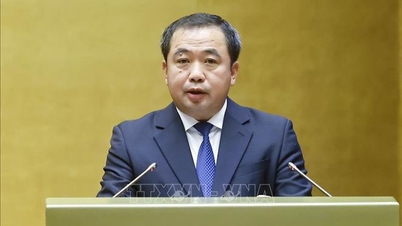
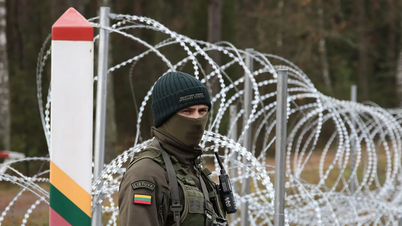



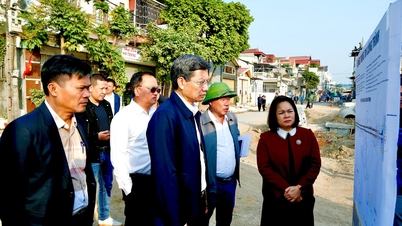

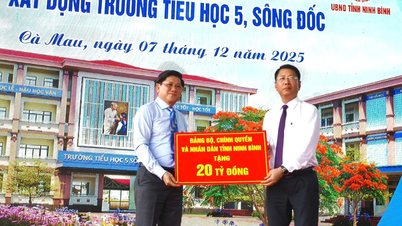
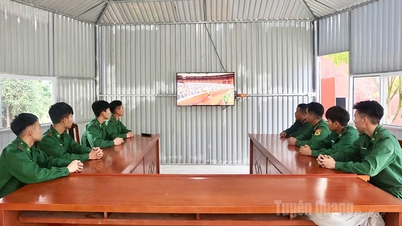














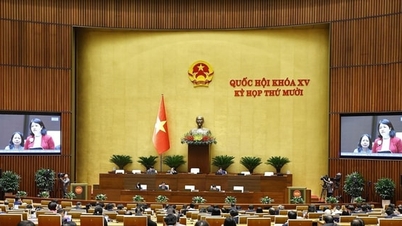
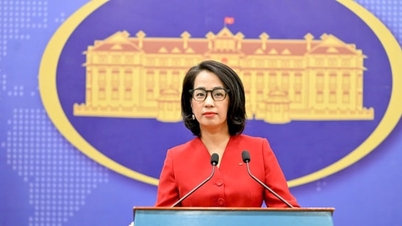



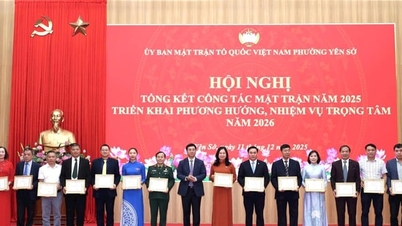






















![[OFFICIAL] MISA GROUP ANNOUNCES ITS PIONEERING BRAND POSITIONING IN BUILDING AGENTIC AI FOR BUSINESSES, HOUSEHOLDS, AND THE GOVERNMENT](https://vphoto.vietnam.vn/thumb/402x226/vietnam/resource/IMAGE/2025/12/11/1765444754256_agentic-ai_postfb-scaled.png)














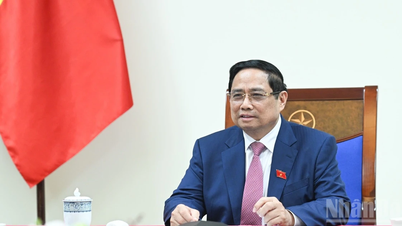


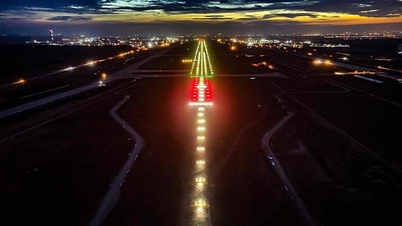












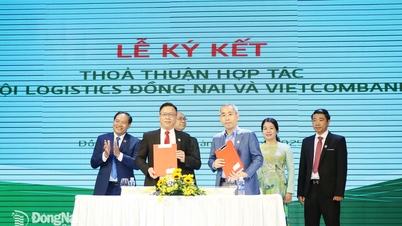


















Comment (0)